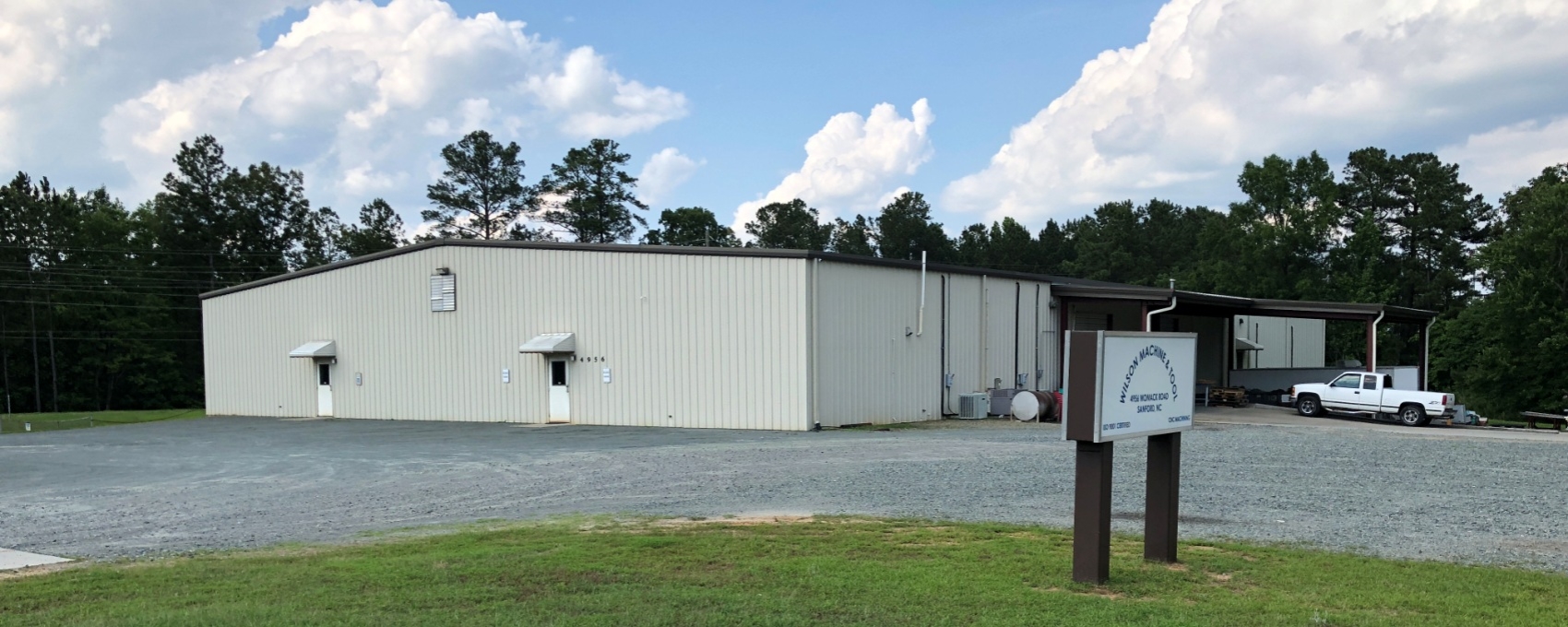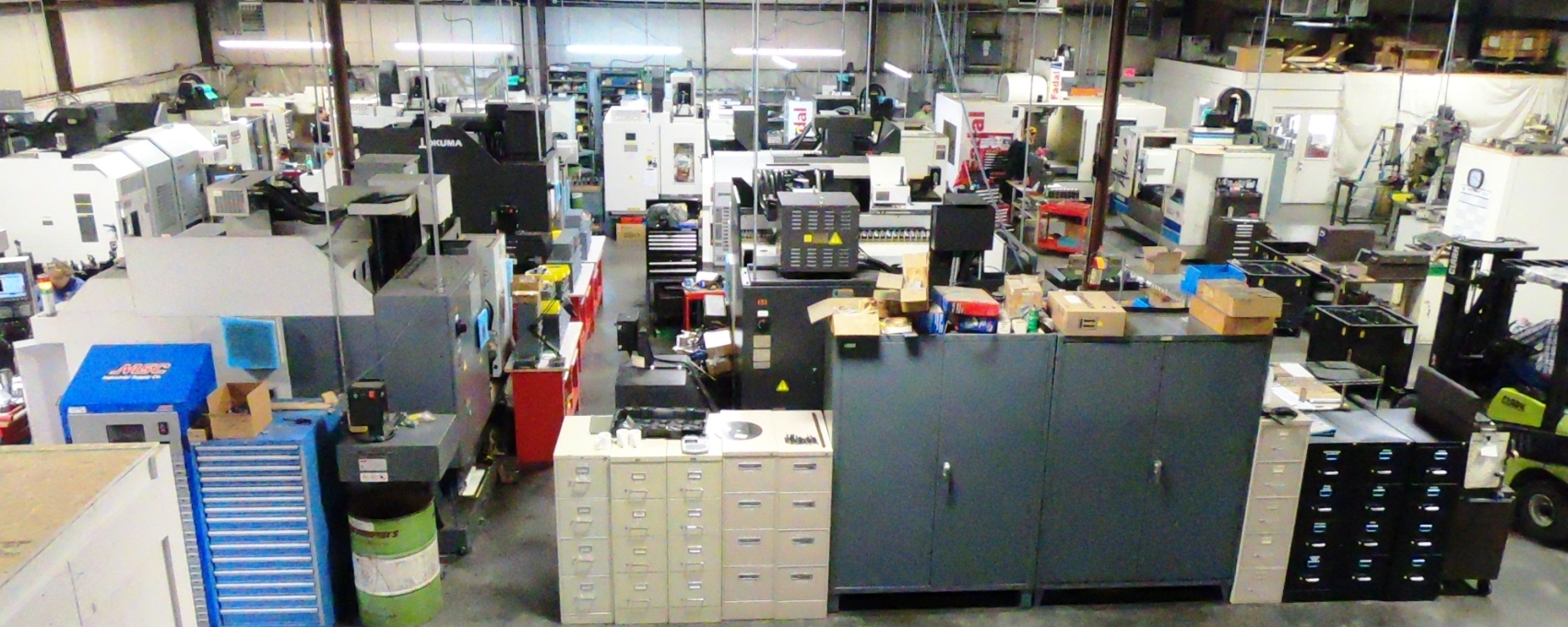It is amazing that the technology used today in complex Computer Numerical Control (CNC) machines really stems from six inventions from many years ago. Taking a look at the industry’s history helps one understand just how far the industry has come.
Punch Cards
The first punch cards were invented by Joseph Marie Jacquard in 1804. They were used to show intricate designs when making afghans and blankets. By following the patterns, one knew whether a needle was supposed to go through that hole or not. Herman Hollerith improved on the technology and figured out how to apply it to get accurate answers during the 1890 United States Census.
Magnetic Tape
Although some early prototypes already existed, Fritz Pfleumer was the first to successful bond a polymer to magnetic tape using an oxide. World War II encouraged others to become interested in this technology. John Mullin is credited with obtaining the German Magnetophone, but it was not until Bing Crosby heard about the invention and invested in it that it became a significant investment. In addition to leading to many of today’s precision machining and tooling inventions, the magnetophone was used to record Hollywood’s Golden Era. If it would not have been for this invention allowing for information to move quickly, there would be very little interest in precision machining and tooling today.
Ball Lead Screw
Despite being invented in 1929 by Rudolph Boehm near our CNC machine shop in Sanford, the ball lead screw remains one of the most reliable means of changing circular rotation into lateral travel. Ball lead screws became almost instantly recognized as an important advancement because they are easy to maintain, extremely reliable and highly accurate. Until he figured out the process, manufacturers of CNC machines had to rely on Acme screws that were extremely unreliable.
Numerically Controlled Machines
While Massachusetts Institute of Technology had done some early work pairing machines and computers, it was not until John Parsons saw the value of mathematical points while trying to build aircraft rotors that the CNC machine industry took off. Of particular importance was his development of a fixed programming language.
The history of CNC machining history is fascinating, but what is even more exciting is the advancements in CNC machinery happening today. Contact our experts at our CNC machine shop in Sanford to see how we can help you.








